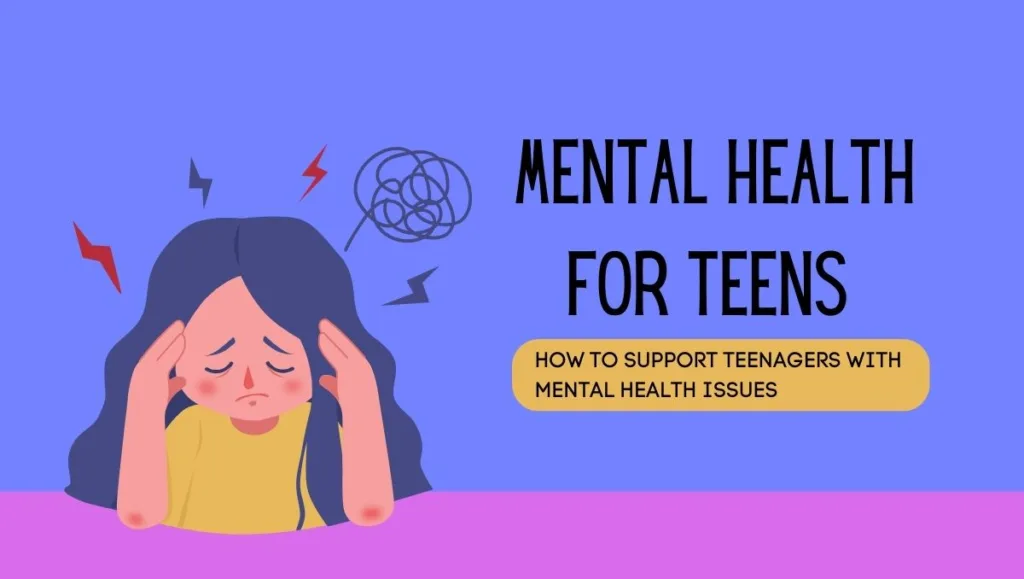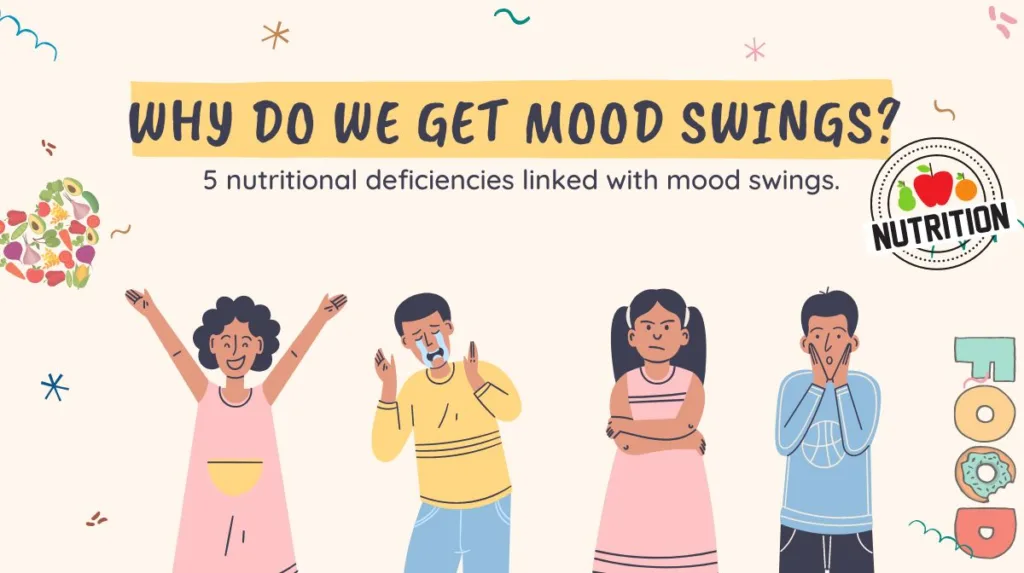“If we start being honest about our pain, our anger, and our shortcomings instead of pretending they don’t exist, then maybe we’ll leave the world a better place than we found it.”
~ Russell Wilson.
Our psychological, social, and emotional well-being are all parts of our mental health. It influences our thoughts, emotions and behaviors and also shapes our ability to manage stress, interact with others and make sensible choices which contributes to mental health for teens. From childhood and youth to maturity, mental health is crucial at every stage of life. In today’s paced-up world, the unrealistic desires and expectations of teenagers from others and even themselves have become a major reason for increasing mental health issues for teens.
Understanding mental health for teens
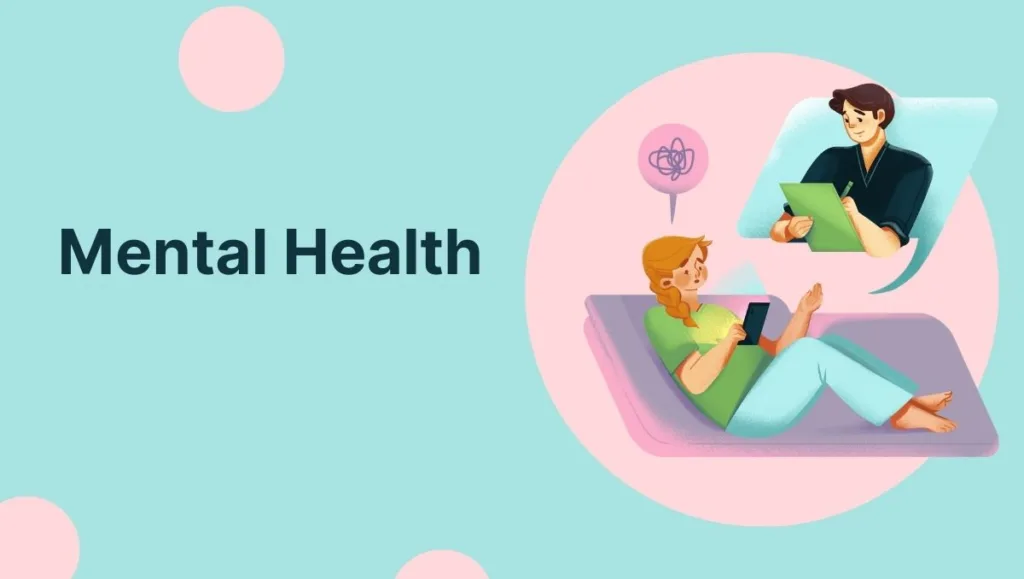
Early intervention and treatment for mental health for teens depends on early identification. There is a broad range of symptoms such as alterations to behavior, mood and social interactions. A prolonged sense of sadness, worry or anger should be kept an eye out for, as should any significant changes to eating, sleep habits or academic performance.
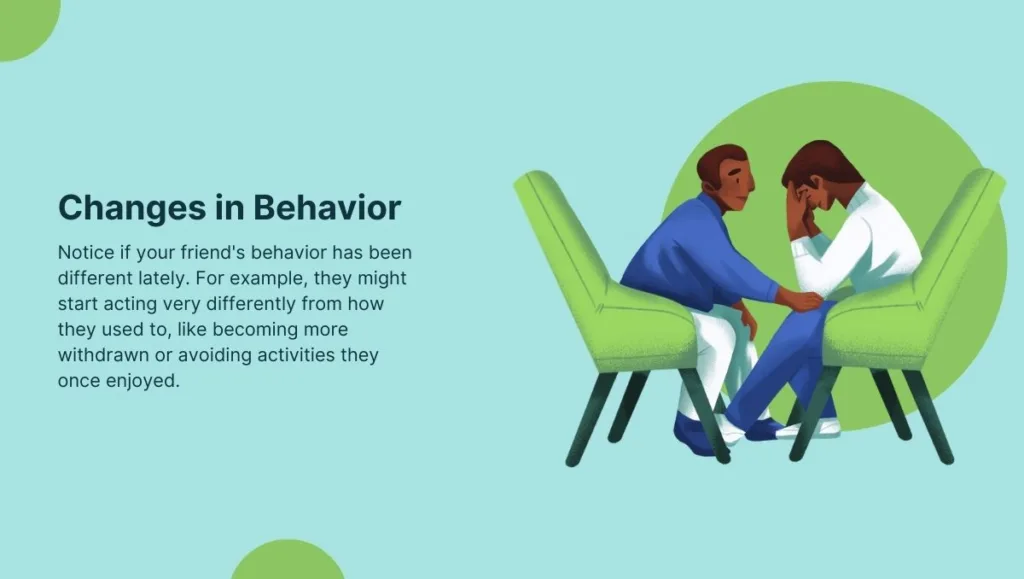
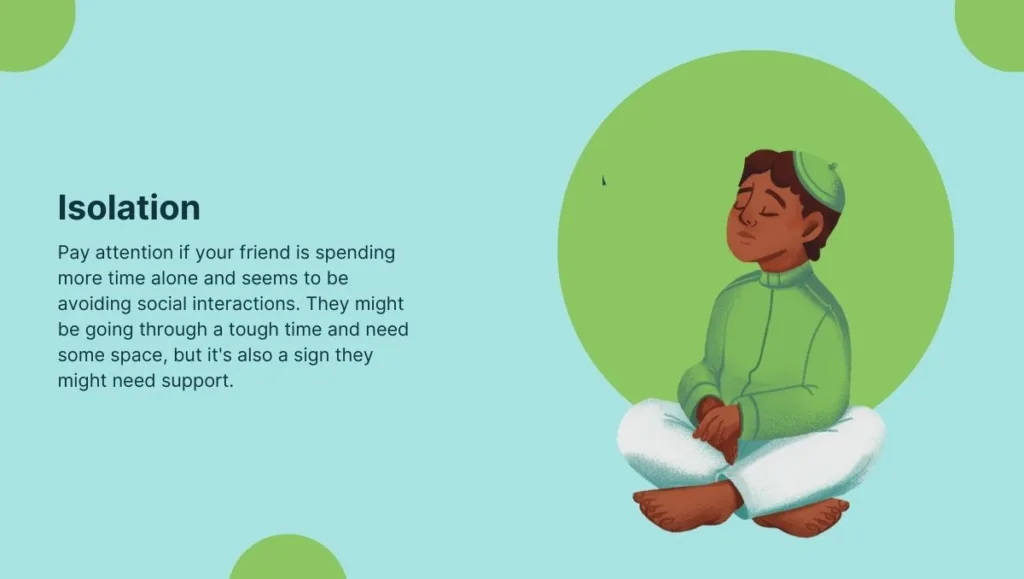
Withdrawal from previously loved activities or participation in unsafe behaviors might potentially be indicators of deeper problems. Any mention of hopelessness or suicidal ideas should be taken seriously. When it comes to managing mental health for teens, having a space of communication and getting reliable guidance are important.
Awareness of mental health for teens in the digital age is more important. Teenagers who spend more time on screens may also experience stress, worry and feelings of inferiority due to social media pressures and online interactions. The culture of comparison and an endless supply of information can be destructive to one’s mental health and perception of self.
Promoting digital detoxes, offering advice on safe online ethics and building real-life connections are all part of acknowledging the significance of mental health in the digital age. Providing mental health education and support, as a priority, can assist teenagers in handling the digital world while maintaining their emotional health.
Addressing specific mental health issues in teenagers
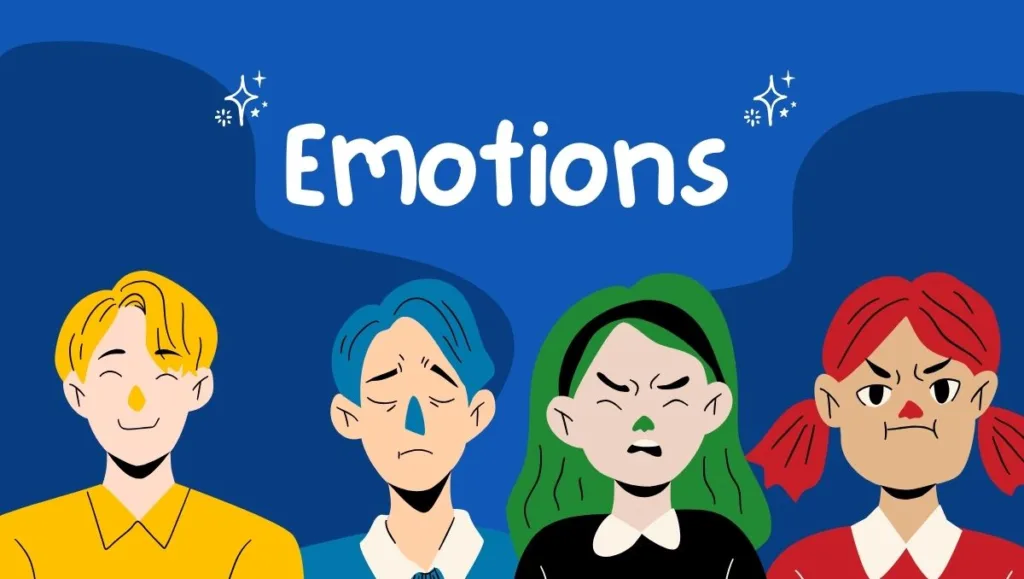
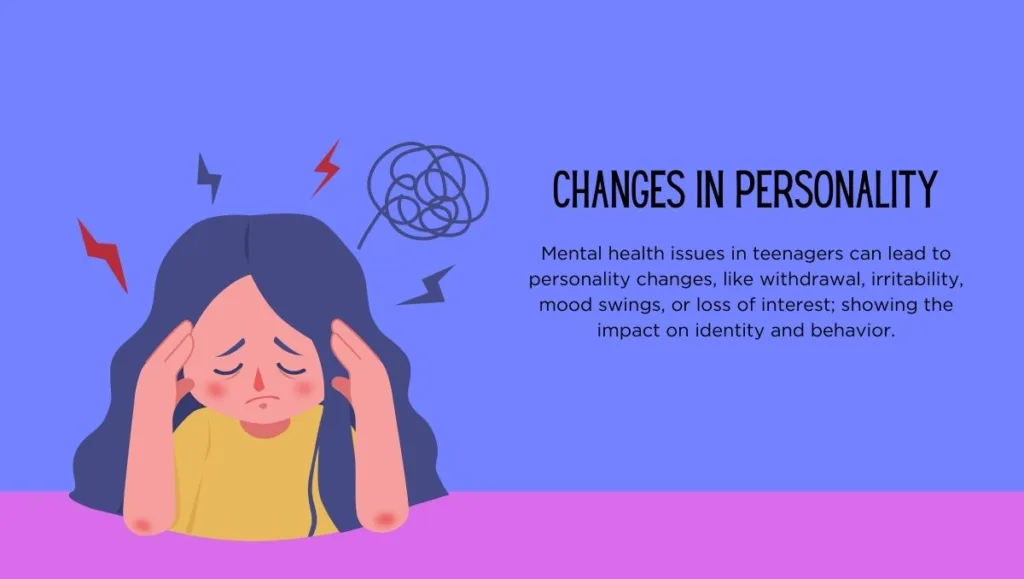
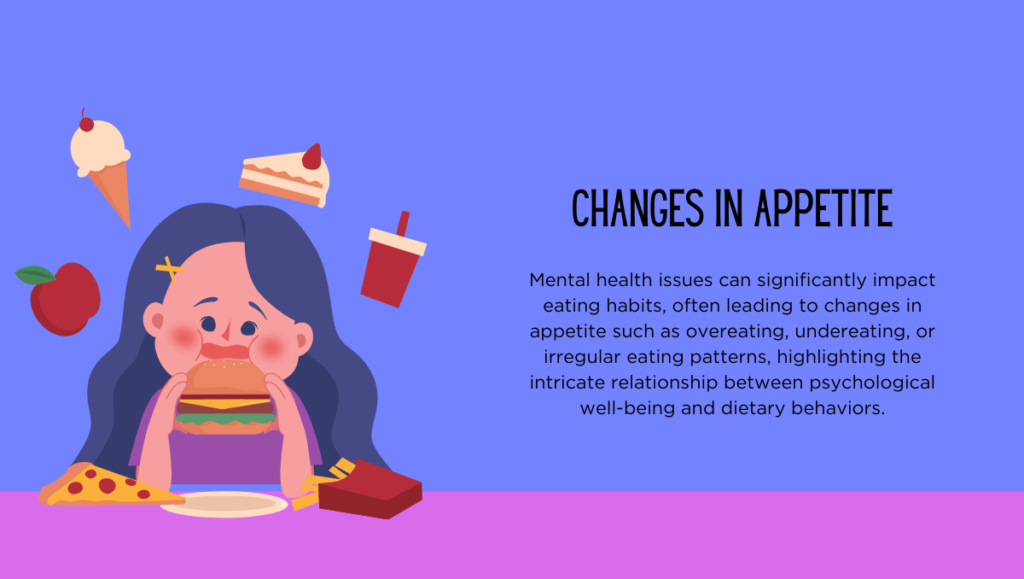
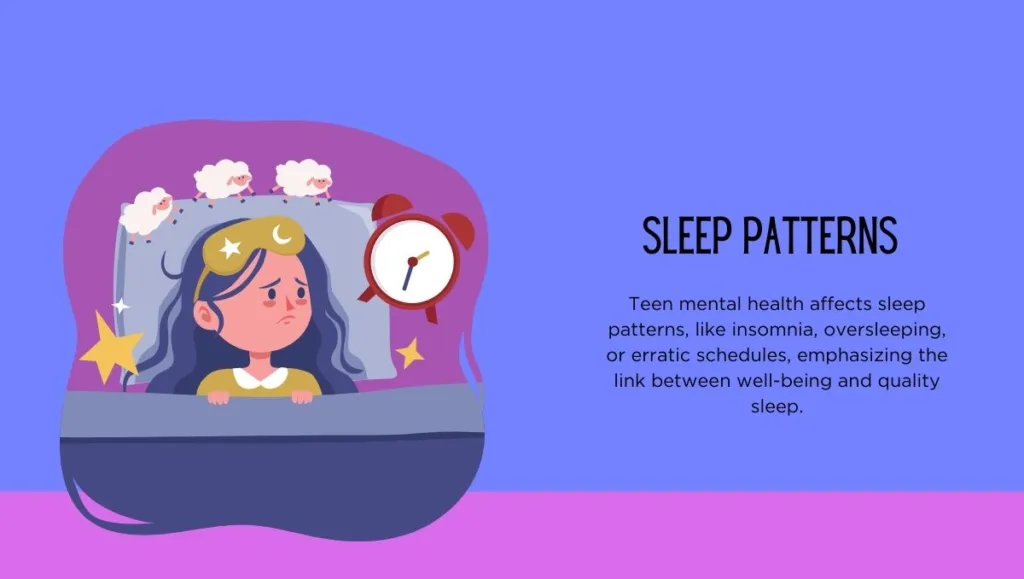
Mental health issues in school students
Numerous factors, such as academic pressure, social dynamics, family concerns and family history contribute to mental health issues among school students. Academic achievement and social integration may be hindered by these problems which can show up as behavioural disorders, sadness or anxiety. Among the consequences include diminished self-worth, trouble concentrating and even substance abuse. This aspect is a very crucial one when mental health for teens is concerned.
To promote a welcoming atmosphere, it is essential to incorporate stress-reduction techniques into the curriculum, increased public awareness of issues regarding mental health for teens and easy access to counselling services. When identifying early symptoms and providing timely solutions, it is crucial to involve parents and teachers.
Additionally, reducing the stigma attached to mental health problems and fostering an atmosphere of genuine relationship might motivate students to seek therapy and offer helpful peer support.
Mental health issues in college students
Mental health problems may increase stress and anxiety in college students. These problems can arise from a range of circumstances, such as financial difficulties, social pressures, academic workload, and the transition to adulthood.
These problems, which include poor academic performance, substance misuse, social disinterest, and even thoughts of self-harm, have an adverse impact on teenagers’ mental health and academic success.
A comprehensive plan to address these issues must include providing a wide range of psychological services on campus, promoting self-care techniques like mindfulness and stress reduction, and opposing initiatives with public awareness campaigns and easily accessible counseling options.
Professors and administration should work in collaboration to create a welcoming and optimistic campus atmosphere in order to address specific issues as far as mental health for teens in college is concerned. Open-ended conversations regarding their feelings about adjustments and transitions from college to work life should be done frequently for stable mental health.
Also know, Why do we get mood swings? 5 nutritional deficiencies linked with mood swings.
Ways to tackle mental health issues in teenagers
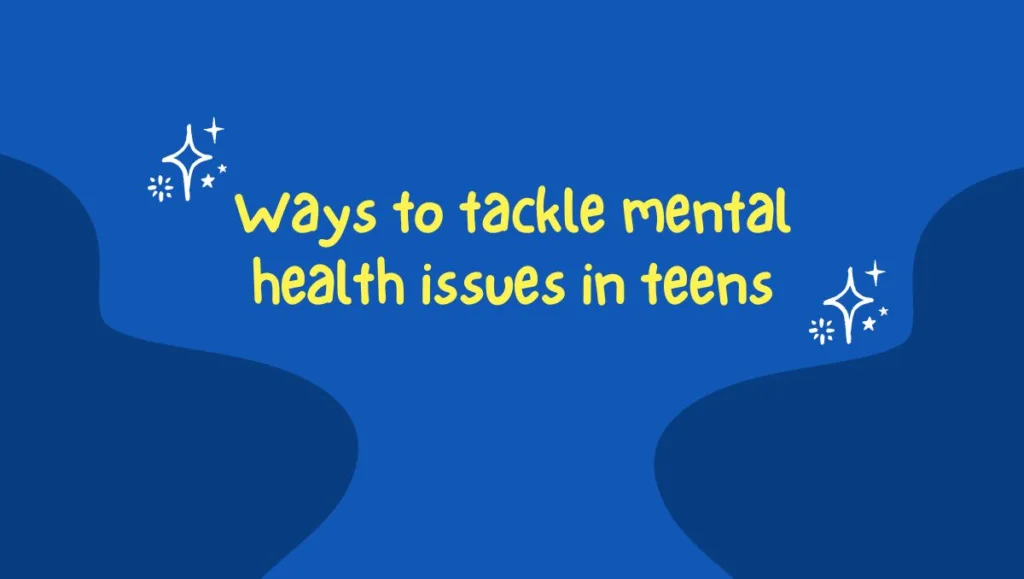
Creating an accepting atmosphere at home and school
- Acknowledging mental health issues in children at home and in school requires creating a supportive environment. Teens can openly express their feelings when there is a strong emphasis on open communication and a judgment-free environment is created.
- Provide avenues for stress relief, establish boundaries, and encourage a positive work-life balance. In order to ensure that children receive understanding, value, and support in both their personal and academic lives, collaborate with teachers and parents to create a successful plan that prioritizes mental health.
Encouraging open communication about mental health
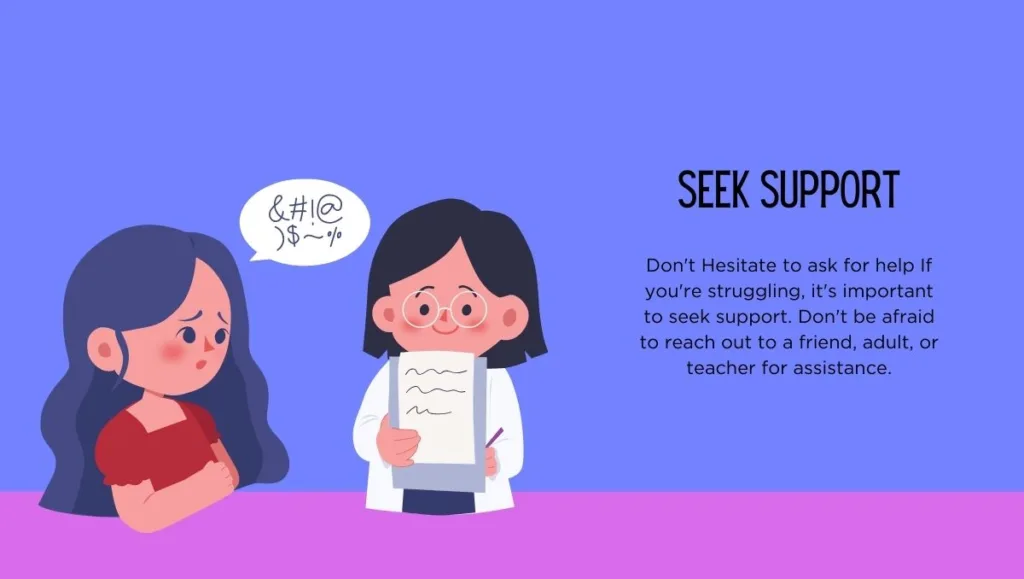
- This world is gradually coming out of the stereotypical mindset related to mental health for teens, and so should we. Gone are the days when people were unaware of the concept of mental health. As parents and caretakers, ensure that your presence has an inbuilt trust and comfort for your teen children to openly discuss and communicate about any mental health issues without any hesitation. You can go through sets of guidelines by experts and learn how to help your teen during situations of mental illness.
- Provide a healthy and supportive environment for them to come clear and unfiltered to you about their worries and problems. Mental health group discussions and mental health yoga therapy can be great initiatives as a tool against mental health issues in children.
Nurturing teenagers’ mental health wellness
- Mental health for teens requires folks to give self-care the first priority. Inspire consistent physical activity, sufficient rest, and a well-rounded diet. Stress the value of having honest conversations with family members or close friends.
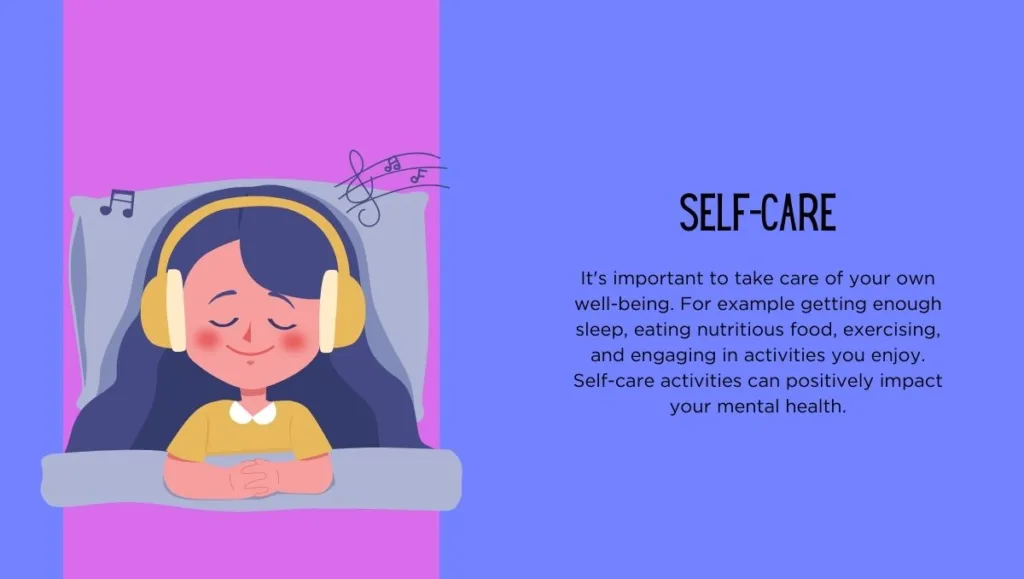
- Stress and anxiety can be reduced by limiting the amount of time spent on digital devices, such as laptops and phones, which is the major reason for issues in mental health for teens in the digital age. Establish daily time limitations for gaming and social media use and make an effort to avoid using devices for at least an hour before bed.
- Seek for balance in your online and offline lives. To achieve deeper enjoyment, turn your attention to real-world things and mindful practices you enjoy, including working out, reading, deep breathing and meditation or engaging in personal hobbies.
See what WHO has to say on this: Mental health of adolescents (who.int)
Conclusion
Promoting mental health for teens is crucial to creating thriving and healthy communities. If supportive surroundings are established and mental health awareness is recommended, teenagers can face the problems of puberty head-on and with perseverance.
In addition to normalizing discussions about mental health for teens, encouraging ongoing activities and conversations around teen mental health also emphasizes how important it is to get treatment when required. We can foster a culture that prioritizes mental health equally with physical health by working together with families, schools, doctors, and community organizations. By doing this, it will be made sure that young people have access to the tools and support systems they need to succeed.
By making investments in mental health for teens today, we build a future where individuals are empowered to put their own health first and get the care they need, leading to happier and stronger generations.

